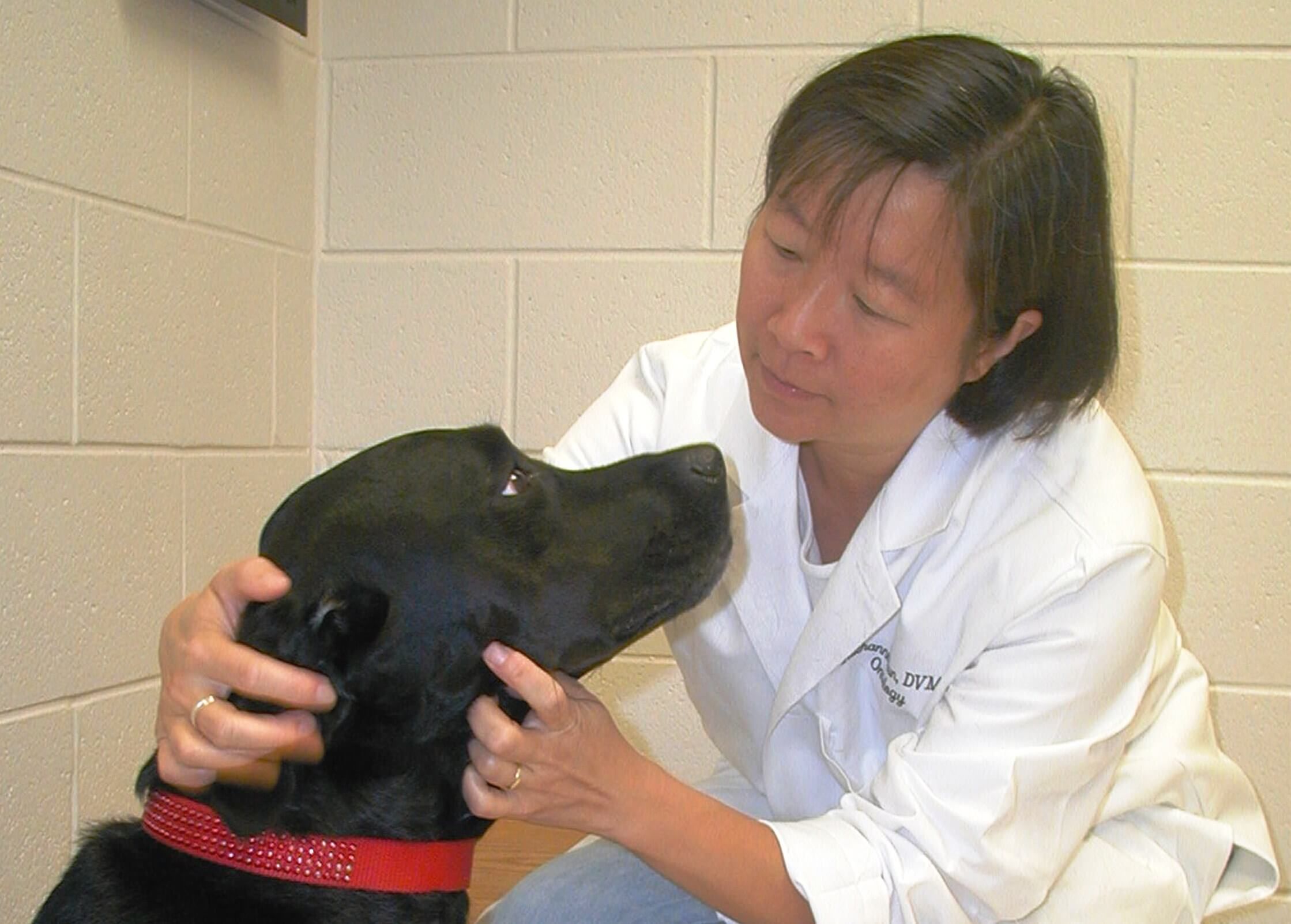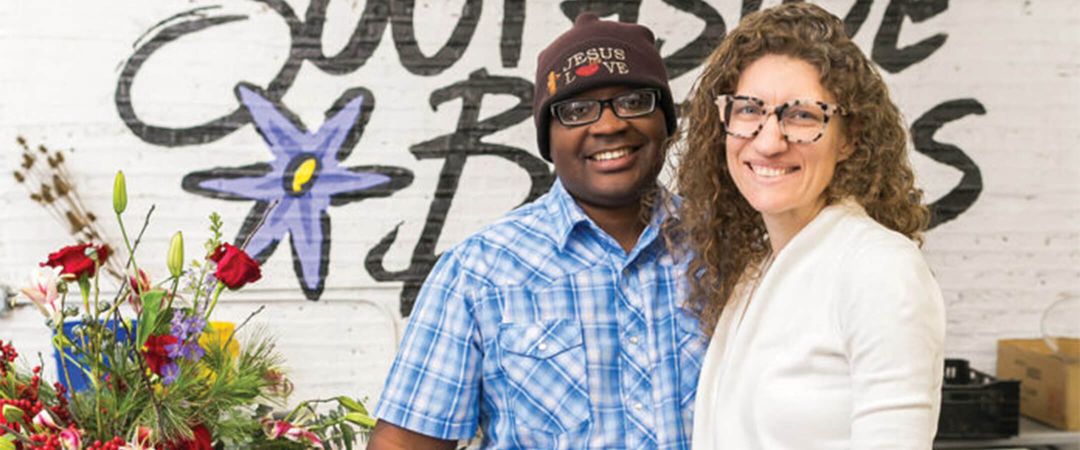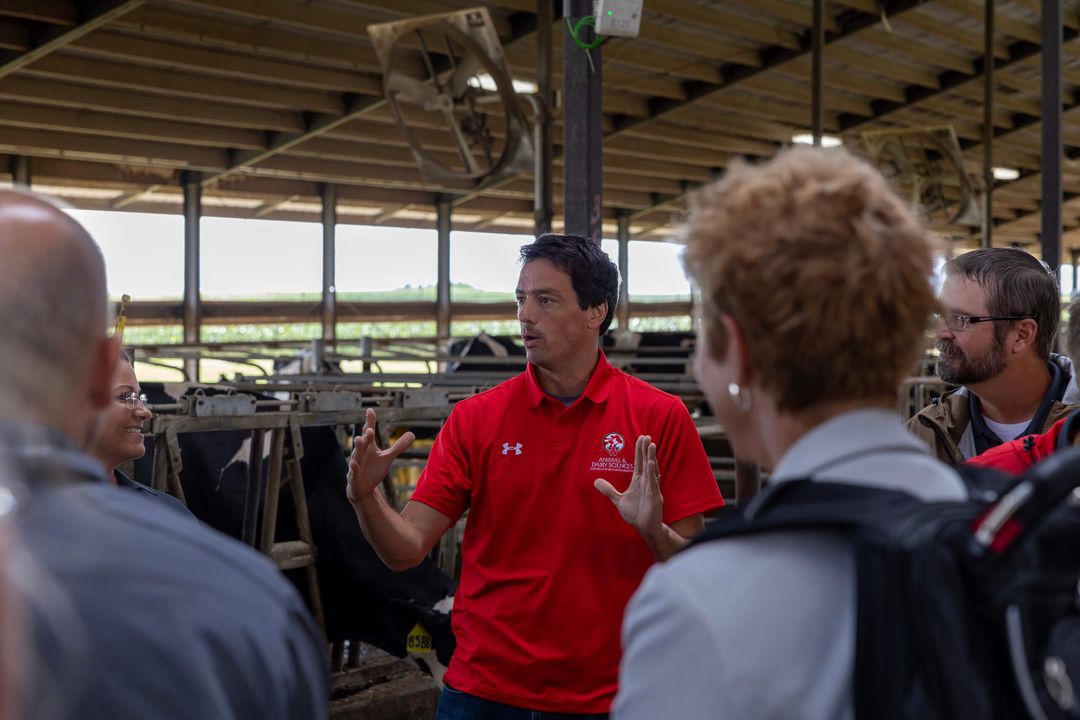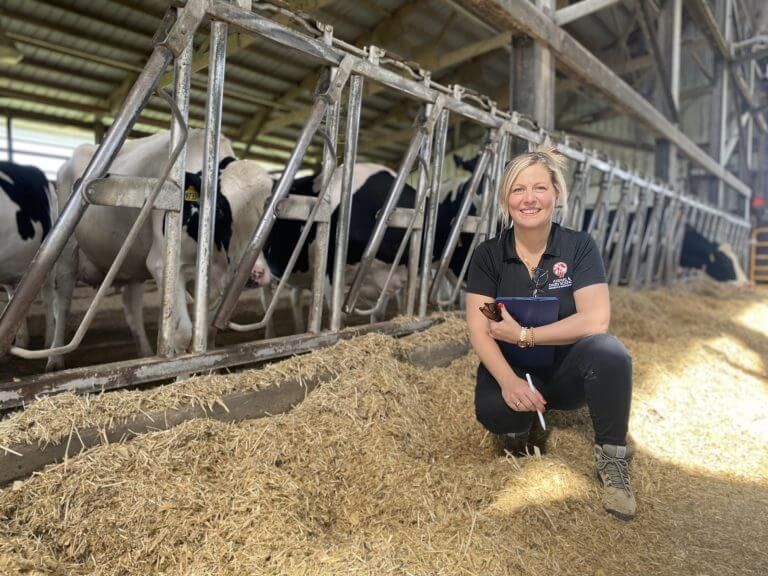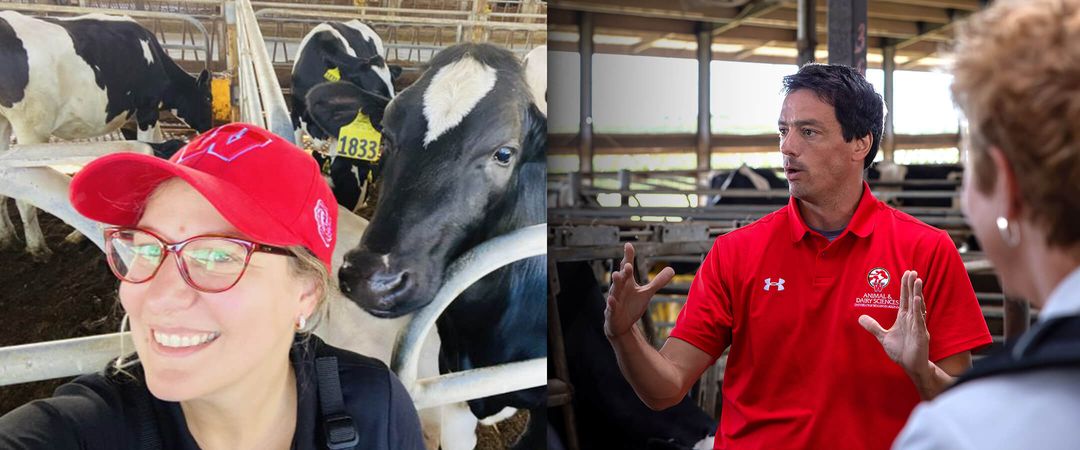Ruthanne Chun ’87, DVM’91 has a knack for cultivating systems of care. As a newly graduated veterinary oncologist, she spent eight years developing Kansas State University’s oncology program from scratch. Upon returning to the UW’s School of Veterinary Medicine, she rebuilt again when, within a year of her arrival, she became the program’s sole oncologist. Her experience organizing and revitalizing clinics served her well as the school’s associate dean for clinical affairs, a position she held from 2010 until 2021. (She’s now a clinical professor and section head of medical oncology and chief of the large-animal hospital.) In fact, it was this role that opened her eyes to the potential of veterinary care not only beyond oncology but beyond campus.
Chun became intimately aware of the disparities in animal care when she witnessed a dog denied treatment because its owner, an unsheltered person, couldn’t afford it. Within a year of that experience, she helped to found Wisconsin Companion Animal Resources Education and Social Services (WisCARES), an accessible clinic that provides veterinary care and social services to pet owners who are unsheltered or living at or below the poverty line in Dane County.
“I’ve been fascinated with healing and making things better,” Chun says. “You can do that on an individual level. You can do that on a systemic level, working in an organization. And then, with WisCARES, you can look at a city, county, [maybe] someday a national level, to say, ‘How can we raise health care for animals and people?’ ”
Since 2014, WisCARES has conducted more than 15,000 patient visits, providing veterinary services from basic vaccinations to boarding or fostering animals while their owners attend their own medical appointments or seek social services. The clinic even partners with local organizations, the UW School of Social Work, and the UW School of Pharmacy to make services available to its patients’ human family members.
“If we’re working with a population of folks who don’t typically take their animal in for regular veterinary care but start to do that and feel comfortable and recognize that it’s important for [their] animal to have regular vaccinations and be screened for diabetes or high blood pressure, … then maybe there’s a way to start having conversations with folks about their own health,” Chun says.
WisCARES embodies the concept of One Health, the inextricable link between the health of people, animals, and their shared environment. They continue this work by serving as housing advocates for their clients by educating landlords and eradicating barriers to obtaining stable housing.
“For folks who are experiencing homelessness, their animal is their family,” Chun says. “We’re here to help make sure they can get housing with their animal because that family unit is so important.”
This dedication to comprehensive care might also make WisCARES the best clinic in which to train new veterinarians. In addition to practicing medicine, fourth-year veterinary students learn about the social determinants of health and poverty in humans, how to interact with clients from a variety of populations, and how to navigate difficult conversations about care plans for beloved animals.
“They have to say, ‘Here’s all the recommendations, and here’s what they cost. Let’s create a plan that works for you and provides the best care that we can for your animal, for your pet, for your family member,’ ” Chun says. “That kind of negotiation is something that the students don’t get to do here in the vet school. They do a lot, but that nitty-gritty of really talking [with] the client … that’s the reality of being in practice.”
Part of the students’ reflection process includes listing “roses and thorns” from their time in the clinic. In veterinary care, sometimes these experiences are one and the same. One of Chun’s most memorable WisCARES moments is when an unsheltered woman was reluctant to take her dog from the hospital after surgery out of fear that she would not be able to care for it.
“One of the mistakes that I made when I was talking to her was saying, ‘It’s time for her to go home. She’s been with us, and she needs to be back with you.’ And the woman said, ‘I don’t have a home. There’s no home for her to go back to. I can’t take care of her,’ ” Chun says. “It was a crushing moment for me because I’m so careful about my words, and that crushed her. So then [it was about] rephrasing: ‘She needs to be with you. She loves you, and I know you love her, and she’s ready to be with you.’ ”
At WisCARES, even the teachers become students with each new case.
“It’s a program that I’m really, really proud of [and] that I feel incredibly passionate about. … I really just can’t imagine doing anything else,” Chun says. “I think it’s good for the animals, good for their families, good for the students, and, hopefully, good for our graduates as they go on and remember what they learned about interacting with folks who are different from them.”
